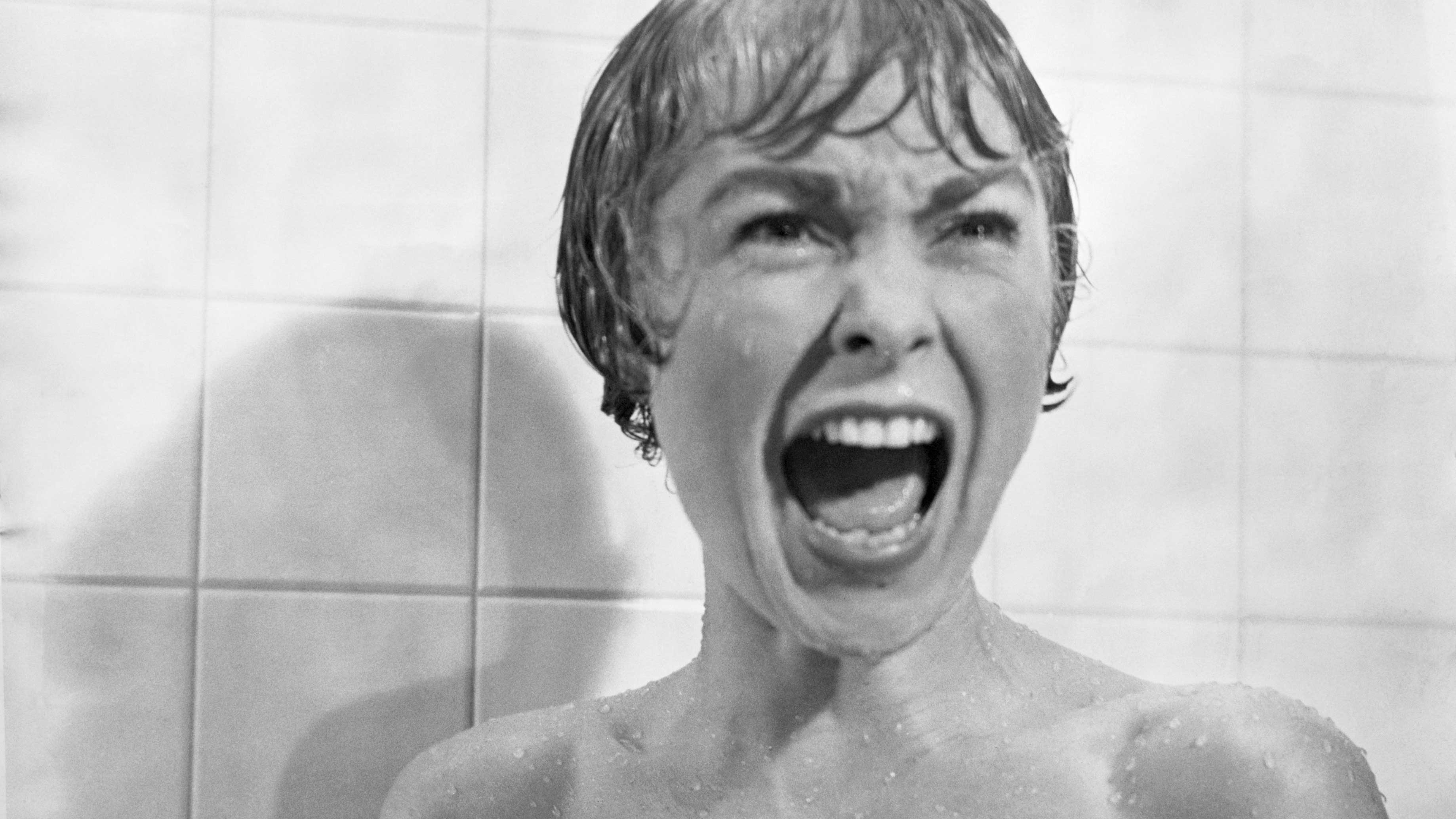
The screaming blonde in the shower, the creepy hotel, the guy who keeps his mummified mom in the old family home… everybody knows about “Psycho,” if only by cultural osmosis.
But probably not as many people know about the history of the classic Alfred Hitchcock movie, and just how tough it was to bring it to the screen. Cue Stephen Rebello’s “Alfred Hitchcock and the Making of Psycho,” which compellingly sketches out every single step of “Psycho” — from the bizarre serial killer who inspired the book to the mysterious PR campaign.
It begins with Ed Gein, a serial killer who inspired Richard Bloch’s pulpy horror novel “Psycho.” It was an unlikely choice for the great Alfred Hitchcock to adapt — a small, gritty weird story with a shocking twist ending and two graphic stabbings. But it did appeal to his “fiendish” sense of humor, and gave the great filmmaker a chance to make what he wanted — something fresh and “young,” something in the “Les Diaboliques” mold.
He then proceeded to make a movie that went against all the “rules” — he ignored Paramount’s horror and disgust, he hired a relatively inexperienced screenwriter, he used the crew from his hit TV show, and he cast the film’s biggest star as the woman who is brutally stabbed after only forty minutes.
Rebello goes through the production step-by-step, following every aspect of the casting, the props, the camera techniques, the infamous shower scene (the blood is actually chocolate syrup), the performances, the costumes — just about every single aspect of the moviemaking process. And from there he follows the story of “Psycho” into the movie theatres, where Hitchcock’s film disgusted critics, shocked audiences, and ended up becoming his magnum opus.
I usually find highly “technical” books about moviemaking to be dull — I’ve never made a movie, nor have I been on a movie set, so the behind-the-scenes descriptions of camera angles and lighting are simply something I can’t visualize. Maybe it would be different if I were able to go onto a movie set and see these things personally, but currently they are as impenetrable to me as the inner workings of a space probe.
But Rebello managed to make this interesting. In fact, he managed to make every step of the process fascinating — which probably wasn’t hurt by an entire chapter devoted to a grotesque serial killer, Ed Gein. His writing style is detailed and rich in details, letting you envision virtually everything he has to say.
He also mines a LOT of interviews for information about the shoot, and not just the actors either. There are countless delightful anecdotes about making “Psycho,” such as the way they tried to film the falling-down-the-stairs scene. Or Joseph Stefano talking about how, as he and Hitchcock were plotting out the shower scene, they were interrupted by the director’s wife Alma — and promptly started screaming. Some of this stuff is hilarious.
It also gives a fascinating portrait of Hitchcock — an accomplished artist who loved twisted, weird stories, with a wickedly mischievous sense of humor and a lot of eccentricities. Rebello doesn’t delve too deep into Hitchcock’s psychology (which is always a dangerous road for any nonfiction writer), but he lets the various anecdotes about the Master of Suspense form a portrait on their own.
But while he gives a lot of attention to Hitchcock’s personality, style and artistic contributions, he also makes it clear that the movie was the masterwork of many different people — from actress Janet Leigh (who spent days seminaked in the shower) to the dude who butchered a bunch of melons to get the right “stab sound.” Credit for the work is spread around liberally.
“Alfred Hitchcock and the Making of Psycho” is a fascinating, full-bodied look at the inner workings of a humble little movie… which just happened to be one of Hitchcock’s greatest films ever. A must-read for any enthusiast for the medium of film, “Psycho” and/or Hitchcock.
